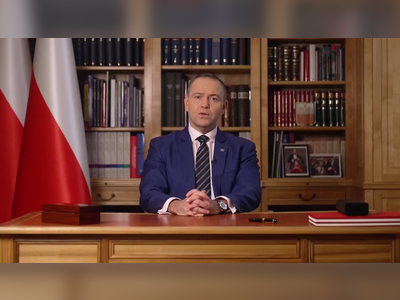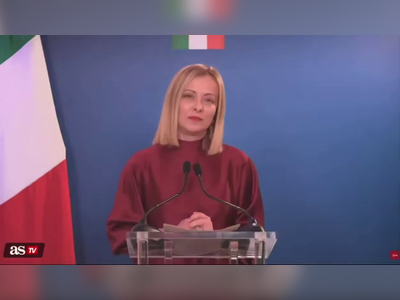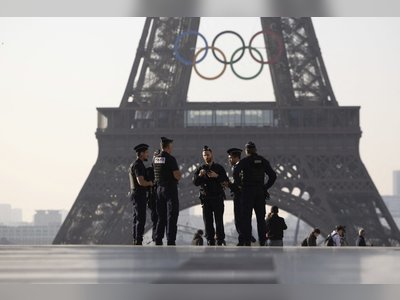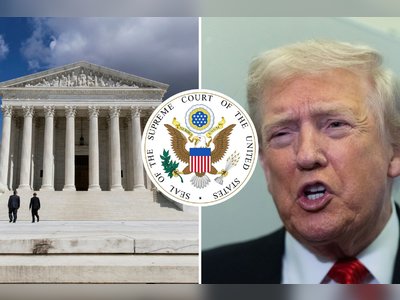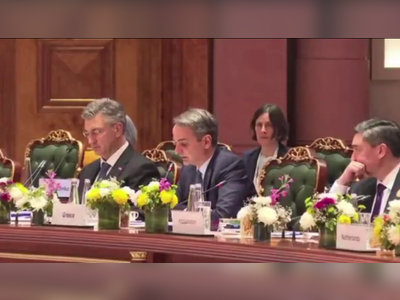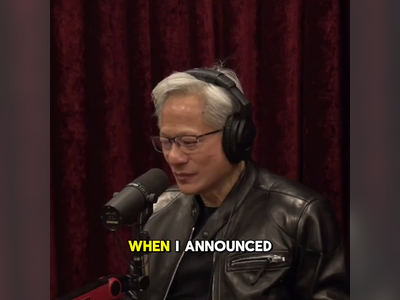Cappella Sistina Financial Scandal: Vatican Tribunal Issues Convictions
Three former leaders sentenced for mismanagement of choir funds following a comprehensive investigation
In a case that has cast a long shadow over one of the Vatican's most esteemed musical institutions, a Vatican tribunal has concluded proceedings against three former leaders of the Sistine Chapel Choir, issuing significant sentences for financial misconduct.
The tribunal, under the leadership of President Giuseppe Pignatone, announced the convictions of Monsignor Massimo Palombella, former administrative director Michelangelo Nardella, and Nardella’s wife, Simona Rossi, in a verdict that follows an extensive judicial process stretching over a year and a half.
Monsignor Palombella faced the court for charges including embezzlement, money laundering, and fraud, receiving a sentence of three years and two months of incarceration, alongside a €9,000 fine and a temporary ban from public office.
Michelangelo Nardella, previously holding key financial responsibilities, was sentenced to four years and eight months, with a €7,000 fine and a permanent interdiction from public roles.
Simona Rossi was sentenced to two years in prison with a €5,000 fine and also faces permanent public office interdiction.
The investigation into these malpractices, initiated by Pope Francis due to the opaque management of choir funds and external concert arrangements, highlighted broader issues of financial governance within Vatican institution.
A report ordered the confiscation of substantial amounts of money believed to be profits from illegal activities; notably, Nardella is subject to a confiscation order of €123,646, and with Monsignor Palombella, a further €127,000.
The trial, marked by high-profile testimonies, including that of Father Georg, sought to untangle a web of financial misconduct linked to the choir’s dealings with prominent Italian companies for concerts beyond Vatican grounds.
Yet, amid the guilty verdicts, the defence, led by lawyer Laura Sgrò, highlighted that the tribunal dismissed several charges due to insufficient evidence, pointing to an intention to appeal.
The reverberations of this ruling extend beyond Vatican walls.
In Milan, where Monsignor Palombella continues his musical and educational work with the Duomo di Milano, the Veneranda Fabbrica expressed its intention to review the verdict’s detailed reasoning before deciding on further actions.
This case underscores the complex interplay between ecclesiastical responsibilities and secular legal accountability, challenging Italian and Vatican institutions to navigate transparency and ethical stewardship in their operations.
In conclusion, while this judgment brings closure to a chapter of controversy for the Sistine Chapel Choir, it also prompts a broader reflection on the governance framework of religious bodies worldwide and the vigilance needed to uphold integrity in cultural heritage institutions.
The tribunal, under the leadership of President Giuseppe Pignatone, announced the convictions of Monsignor Massimo Palombella, former administrative director Michelangelo Nardella, and Nardella’s wife, Simona Rossi, in a verdict that follows an extensive judicial process stretching over a year and a half.
Monsignor Palombella faced the court for charges including embezzlement, money laundering, and fraud, receiving a sentence of three years and two months of incarceration, alongside a €9,000 fine and a temporary ban from public office.
Michelangelo Nardella, previously holding key financial responsibilities, was sentenced to four years and eight months, with a €7,000 fine and a permanent interdiction from public roles.
Simona Rossi was sentenced to two years in prison with a €5,000 fine and also faces permanent public office interdiction.
The investigation into these malpractices, initiated by Pope Francis due to the opaque management of choir funds and external concert arrangements, highlighted broader issues of financial governance within Vatican institution.
A report ordered the confiscation of substantial amounts of money believed to be profits from illegal activities; notably, Nardella is subject to a confiscation order of €123,646, and with Monsignor Palombella, a further €127,000.
The trial, marked by high-profile testimonies, including that of Father Georg, sought to untangle a web of financial misconduct linked to the choir’s dealings with prominent Italian companies for concerts beyond Vatican grounds.
Yet, amid the guilty verdicts, the defence, led by lawyer Laura Sgrò, highlighted that the tribunal dismissed several charges due to insufficient evidence, pointing to an intention to appeal.
The reverberations of this ruling extend beyond Vatican walls.
In Milan, where Monsignor Palombella continues his musical and educational work with the Duomo di Milano, the Veneranda Fabbrica expressed its intention to review the verdict’s detailed reasoning before deciding on further actions.
This case underscores the complex interplay between ecclesiastical responsibilities and secular legal accountability, challenging Italian and Vatican institutions to navigate transparency and ethical stewardship in their operations.
In conclusion, while this judgment brings closure to a chapter of controversy for the Sistine Chapel Choir, it also prompts a broader reflection on the governance framework of religious bodies worldwide and the vigilance needed to uphold integrity in cultural heritage institutions.
Translation:
Translated by AI
AI Disclaimer: An advanced artificial intelligence (AI) system generated the content of this page on its own. This innovative technology conducts extensive research from a variety of reliable sources, performs rigorous fact-checking and verification, cleans up and balances biased or manipulated content, and presents a minimal factual summary that is just enough yet essential for you to function as an informed and educated citizen. Please keep in mind, however, that this system is an evolving technology, and as a result, the article may contain accidental inaccuracies or errors. We urge you to help us improve our site by reporting any inaccuracies you find using the "Contact Us" link at the bottom of this page. Your helpful feedback helps us improve our system and deliver more precise content. When you find an article of interest here, please look for the full and extensive coverage of this topic in traditional news sources, as they are written by professional journalists that we try to support, not replace. We appreciate your understanding and assistance.

